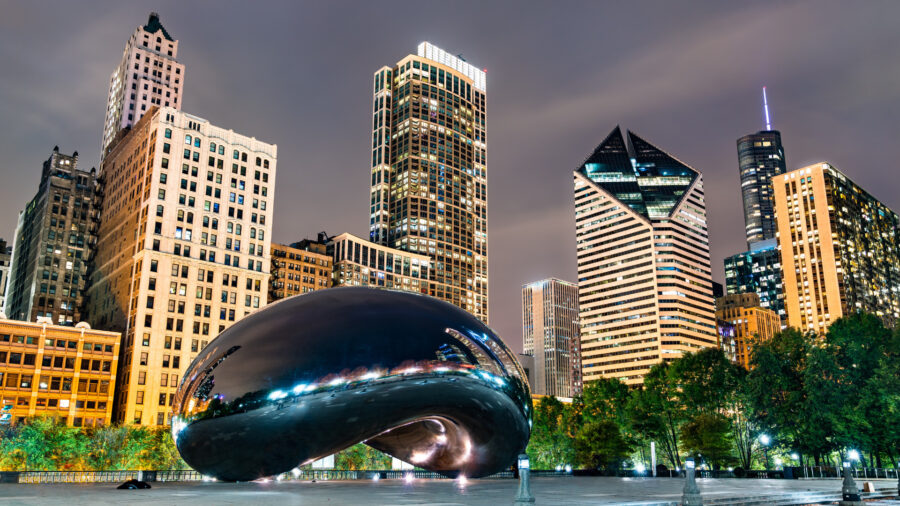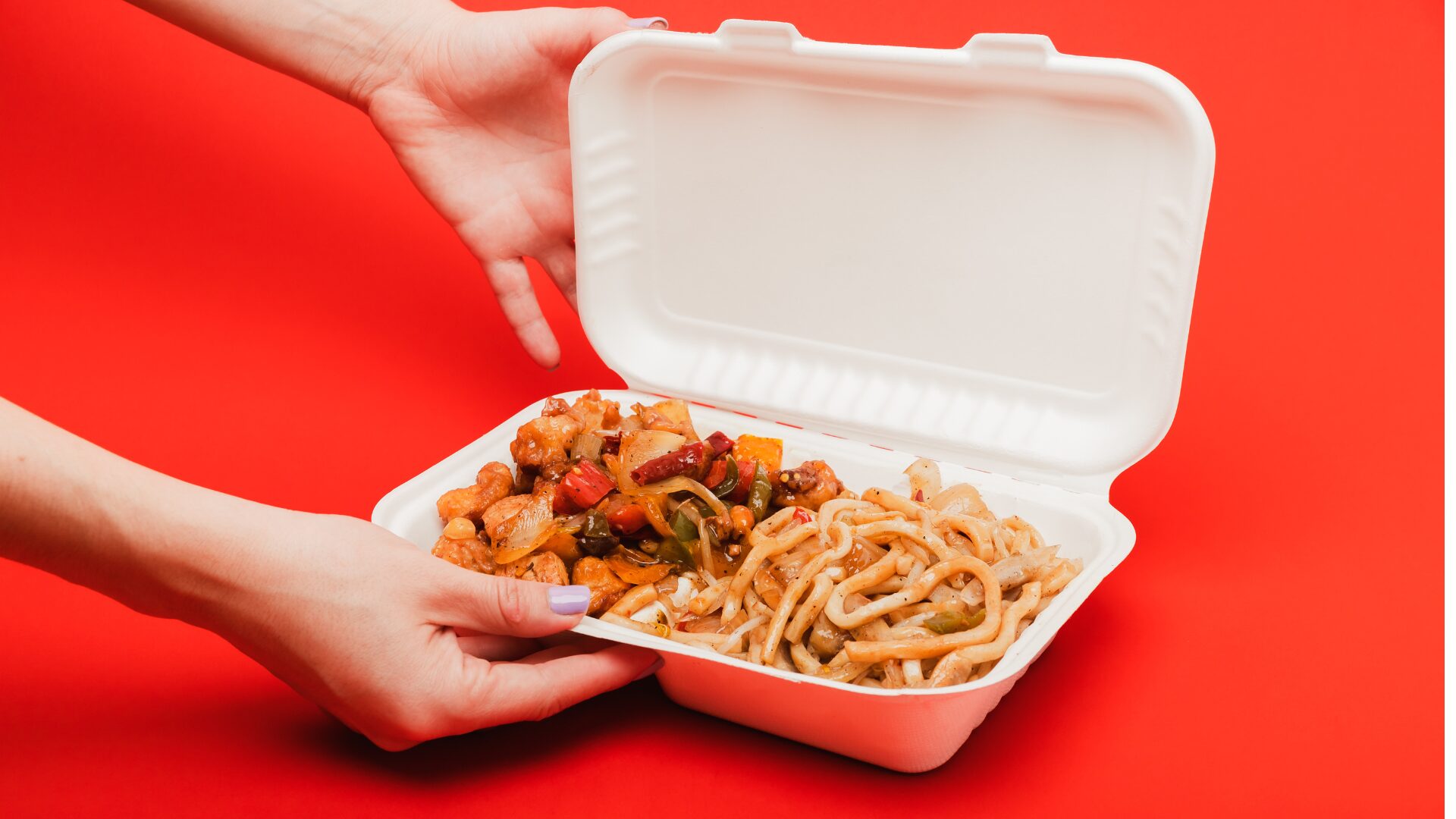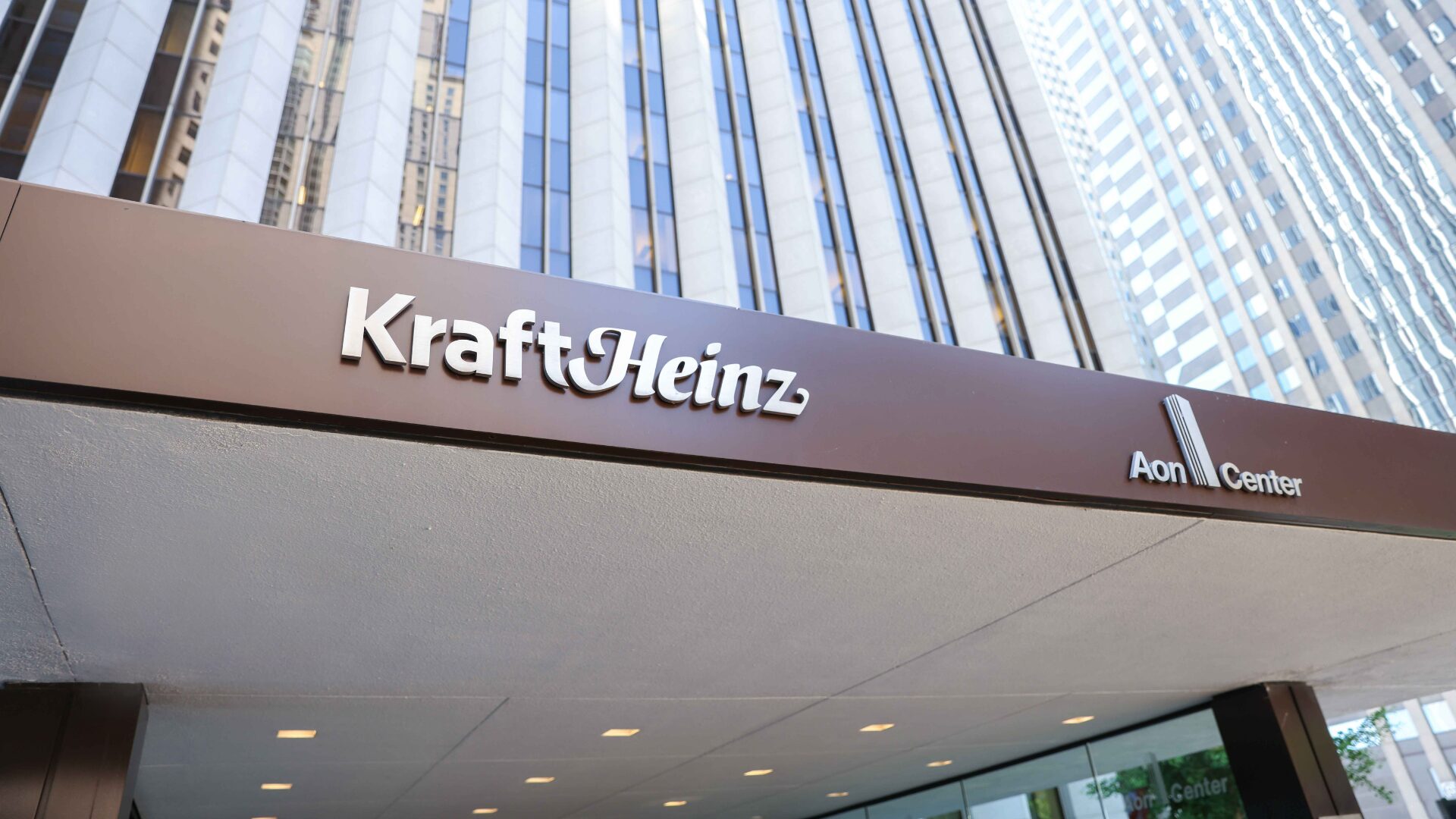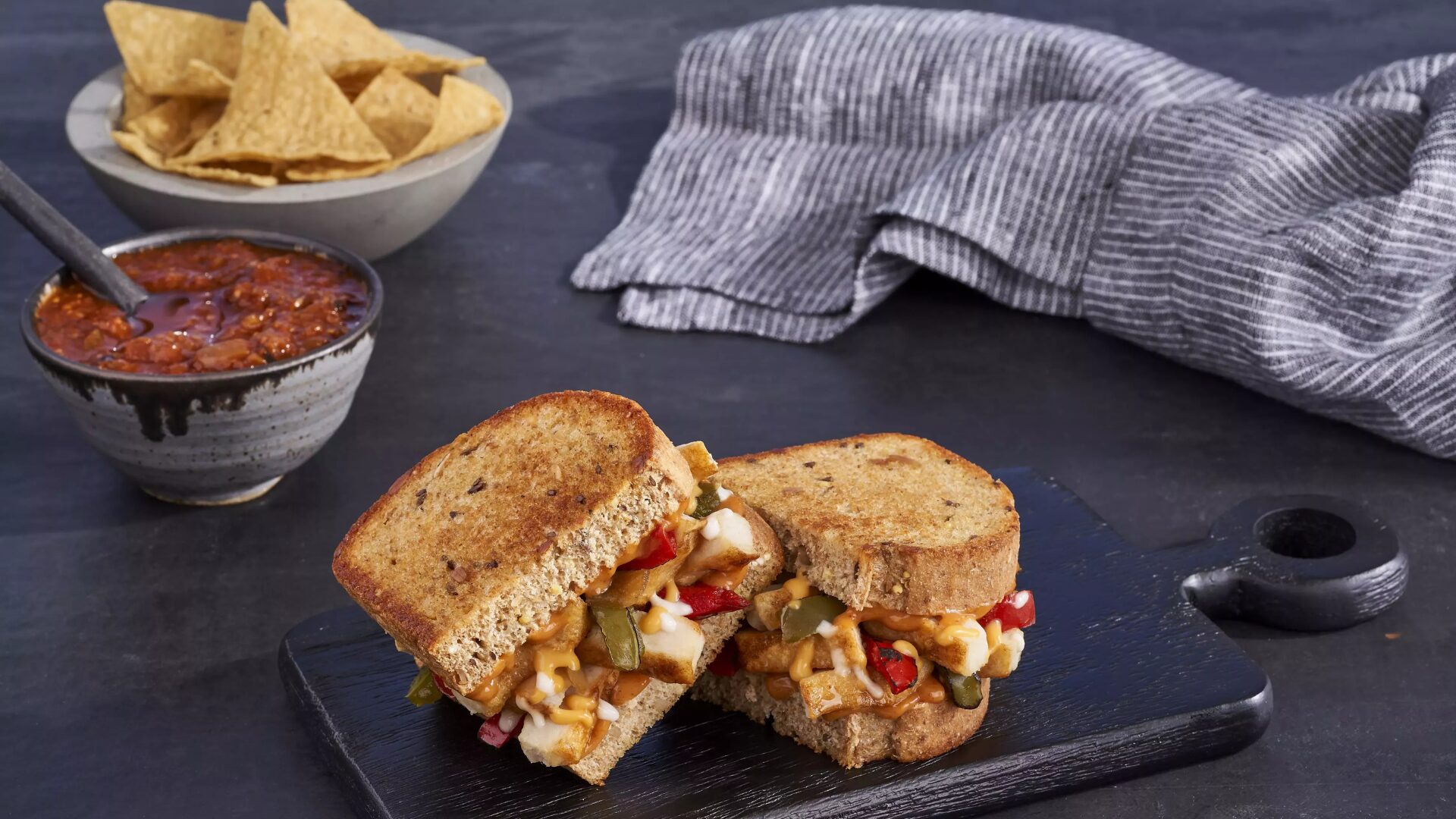It’s an exciting time to be part of the food industry in Chicago. The depth and breadth of the sector is truly world class. Big food giants coexist with amazing startups, a huge investor community, a vibrant culinary scene, programs to address food security, and some of the best urban farms in America.
I urge Mayor Brandon Johnson to utilize this amazing food community, creating more support for the sector to grow, and to create well-paying jobs, promote economic recovery in under-resourced communities, feed people in need, and affirm Chicago’s role as the national leader in food production and access.
In the 19th and early 20th centuries, Chicago grew into the keystone for the nation’s industrialized food system through processing. And the city remains a center for big food companies, such as Mondelēz, Kraft/Heinz, Mars Wrigley, Kellogg’s, Quaker, and Conagra, among others.
ENTERING A NEW PHASE
Chicago’s food sector has reached a new juncture, with a growing ecosystem of companies, emerging brands, innovative retailers, investors and venture capital, service providers and non-profits, all dedicated to building a better-for-people, better-for-the-planet food system.
In recent years, this sector has witnessed some significant exits, as larger companies purchased Vital Proteins (Nestlé, for $1.5 billion), RXBar (Kellogg’s, $660 million), Factor (HelloFresh, $277 million), and others. These buyouts have produced great returns for their founders and investors.
Chicagoland’s fast-rising food companies are continuing to grow, employ locals and prepare for their next phase as an exit or a publicly traded company.
Plus, new retail concepts, such as Foxtrot, and Dom’s Kitchen & Market, are also on the leading edge.
Last month, World Business Chicago hosted its Chicago Venture Summit: Future-of-Food. The event brought together more than 1,100 food leaders. The summit featured leaders from big food, emerging brands, investors, service providers and more, all committed to follow World Business Chicago CEO Michael Fassnacht’s directive to grow Chicago as the U.S. capital of food.
At one point in the event, a standing-room-only crowd witnessed 10 brands seeking capital from dozens of investors and vying for more than $200,000 in prizes. The crowd also heard from five of Chicago’s leading venture capitalists who are investing in early-stage food companies. Leaders from the likes of Mondelēz and S2G Ventures spoke about the challenges and opportunities in food. Most of these investors have put their money behind women-owned and minority-owned businesses and express a desire to grow their impact-investing portfolios.
PRIORITIZING MENTORSHIP
At the aforementioned event, Naturally Chicago also introduced its Locally Made program. With lead funding from the Steans Family Foundation, it is launching a retail access and mentoring partnership with KeHE, the employee-owned B Corp that’s the primary natural, organic, specialty, and fresh product distributor to many Chicago area supermarkets plus thousands of other retail locations.
This initiative is designed to connect Illinois’ vibrant retailer community with the region’s top-performing and emerging natural products brands. The program gives retailers a plug-and-play program to procure and promote local brands and meet the desires of their customers to support local.
Other local non-profit programs such as the Hatchery Chicago food business incubator and the Good Food Accelerator, as well as The Plant, are working with early-stage entrepreneurs to help hone their skills and grow their businesses.
PROMOTING HEALTHINESS
Chicago is also home to many of the top programs that promote food access and education that encourages residents to eat better food to liver healthier lives. Large philanthropists are investing tens of millions of dollars annually to support non-profit innovators focusing on food access and promoting better health.
Feeding America, one of the nation’s biggest food assistance organizations, is based here. The Greater Chicago Food Depository links food pantries, shelters, soup kitchens and other programs with donated or purchased food with a focus on fresh, healthy options; Nourishing Hope, which also provides food assistance, offers therapeutic services for those in need who face mental health challenges. Meanwhile, the Good Food Catalyst and its Good Food is Good Medicine program partner with University of Chicago Medicine and other educators to teach healthy cooking.
Chicago has a growing sector of urban farms, community and school gardens, composting projects, and non-profit organizations similarly dedicated to a better food system and spreading the word to neighborhoods throughout the city. Many of these advocates, such as Urban Growers Collective, are working in under-resourced neighborhoods.
CULINARY CAPITAL
And finally, let’s not forget that Chicago boasts many pioneers in the farm-to-table movement, such as Rick Bayless, Paul Kahan, Stephanie Izard, Beverly Kim, and countless others. It’s not an accident that the James Beard Foundation Awards (the Oscars of the restaurant industry) were once again held in Chicago last week.
And, our culinary community stands out for its generosity in raising money for those in need, through a partnership with the Evolved Network.
Chicago is truly the hub of the food industry in America.
We urge Mayor Johnson — who has pledged to address the root causes of crime and other social ills — to recognize the important role that food can play in creating well-paying jobs, promoting health and economic development, and restoring opportunity to these communities with healthier and more sustainable food choices and businesses.
Jim Slama is Managing Director of Naturally Chicago – the association for natural and organic food companies in its region — and founder of the Good Food Catalyst.












